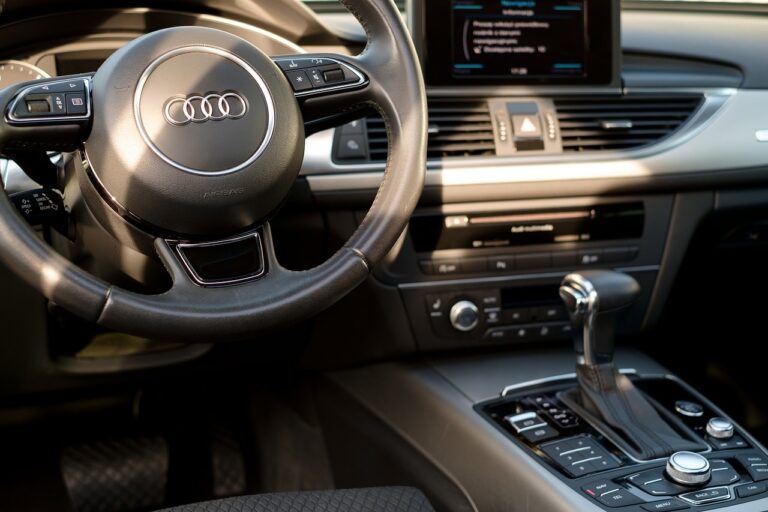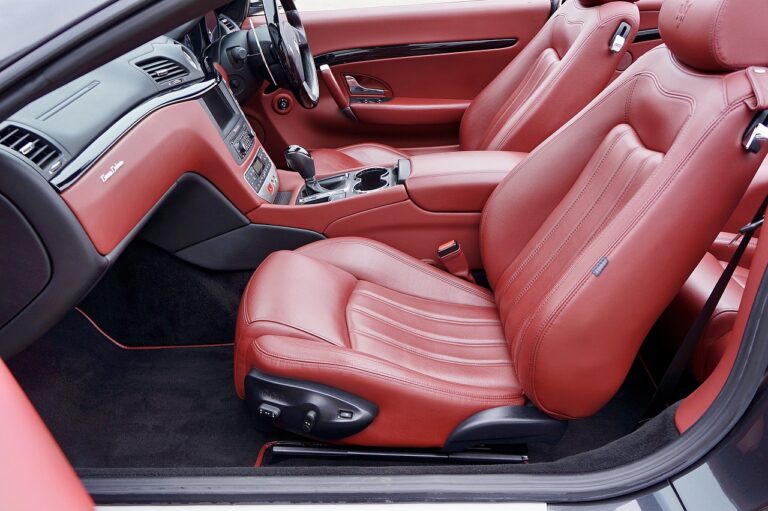The Psychology of Brand Loyalty in the Automotive Market: 11xplay online id, Anna reddy book, Golden7777.com admin
11xplay online id, anna reddy book, golden7777.com admin: When it comes to the automotive market, brand loyalty plays a significant role in consumers’ decision-making processes. From luxury brands like BMW and Mercedes-Benz to more affordable options like Toyota and Honda, people often develop strong attachments to specific car manufacturers. But what exactly drives this loyalty? Let’s delve into the psychology of brand loyalty in the automotive market.
Emotional Connection
One of the key factors behind brand loyalty in the automotive market is the emotional connection that consumers develop with a particular brand. Whether it’s nostalgia for a family car or the thrill of driving a high-performance sports car, emotions can play a powerful role in shaping our preferences. For many people, their car is more than just a means of transportation – it’s a reflection of their identity and values.
Quality and Reliability
Another important factor that drives brand loyalty in the automotive market is the perceived quality and reliability of a brand’s vehicles. If a consumer has had a positive experience with a car from a particular manufacturer, they are more likely to stick with that brand in the future. Brands that consistently deliver high-quality, reliable vehicles tend to inspire trust and loyalty among their customers.
Social Influence
Peer pressure and social influence can also play a significant role in brand loyalty in the automotive market. If a consumer’s friends or family members drive cars from a specific brand, they may be more inclined to choose the same brand themselves. Social approval and the desire to fit in with a particular group can influence people’s buying decisions and foster brand loyalty.
Marketing and Branding
Effective marketing and branding strategies can also contribute to brand loyalty in the automotive market. Brands that invest in building a strong brand image and communicating their values and mission effectively are more likely to resonate with consumers. From memorable advertising campaigns to engaging social media presence, a brand’s marketing efforts can shape consumers’ perceptions and influence their loyalty.
Innovation and Technology
Innovation and technology are increasingly important factors driving brand loyalty in the automotive market. Brands that invest in research and development to create cutting-edge features and technologies in their vehicles are likely to attract tech-savvy consumers who value innovation. From advanced safety features to connected car technologies, brands that stay ahead of the curve can maintain a loyal customer base.
Customer Service and Support
Last but not least, customer service and support play a crucial role in fostering brand loyalty in the automotive market. Brands that provide excellent customer service, from sales to maintenance and repairs, are more likely to build long-lasting relationships with their customers. Positive experiences with a brand’s customer service team can lead to increased satisfaction and loyalty among consumers.
In conclusion, brand loyalty in the automotive market is a complex phenomenon driven by a combination of emotional, rational, and social factors. By understanding the psychology behind brand loyalty, automotive companies can develop strategies to build stronger relationships with their customers and secure repeat business in a highly competitive market.
FAQs:
Q: How can automotive brands increase brand loyalty?
A: Automotive brands can increase brand loyalty by focusing on building emotional connections with consumers, delivering high-quality and reliable vehicles, leveraging social influence, investing in effective marketing and branding, prioritizing innovation and technology, and providing excellent customer service and support.
Q: Can brand loyalty in the automotive market change over time?
A: Yes, brand loyalty in the automotive market can change over time as consumers’ preferences and priorities evolve. Factors such as changing lifestyles, economic conditions, and technological advancements can influence consumers’ brand choices and loyalty.
Q: What role does customer experience play in brand loyalty?
A: Customer experience plays a significant role in brand loyalty in the automotive market. Positive interactions with a brand, from the initial purchase process to ongoing support and service, can enhance customer satisfaction and loyalty. Automotive brands that prioritize customer experience are more likely to retain loyal customers and attract new ones.







